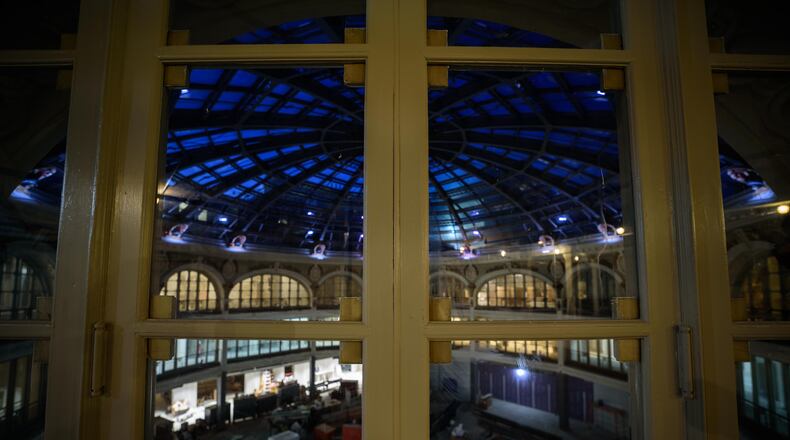Michael Gessell, vice president of federal government programs for the Dayton Development Coalition, was hired by the coalition to launch the PDAC process in its early days..
Maybe the best example of how ingrained this process has become in and around Dayton — Gessel said he sometimes hears people say: “I think this project would make a good PDAC.”
“Most people understand what you’re talking about,” he said. “Outside of this community, no one would understand what you’re talking about.”
And if residents don’t hear of PDAC-related announcements, they ask him about it, Gessel said.
Big and small projects alike have benefited or at least landed on the public radar through the annual PDAC process. Examples include OnMain, the downtown Dayton Arcade redevelopment, development of the area around the former Salem Mall, renovation of the Dayton Art Institute and more.
Some projects may not get a lot of attention, but the process can advance them nevertheless, Gessel said.
Committees review proposals and decide which ones are worth recommending when pursuing federal and state dollars. PDAC participants want ideas that support Wright-Patterson Air Force Base and local outposts of federal employment, health care, infrastructure and transportation and the region’s general quality of life.
“It allows the community to speak with one voice when it comes to advocating for projects that will serve the community and other citizens,” Gessel said.
Other communities might pull together “adhoc” groups when lobbying. But most communities don’t have an organized, annual, predictable process that has achieved traction, Gessel said.
If an idea doesn’t at first get a high recommendation, fear not. “You get points for persistence,” Gessel said.
Public vetting can improve proposals, refining them into more fundable or popular ideas.
“Going through the process, you can learn what works and what doesn’t work,” he said.
To start the process, complete a questionnaire, which is available at https://daytonregion.com/local-business/advocacy/pdac/form.
Submissions are due by Nov. 25.
Although the coalition helps guide the process, neither the coalition nor anyone associated with PDAC awards funding, the coalition is emphasizing.
“We have no money,” Gessel said.
Ultimately, members of the legislature will make their own funding decisions, he added.
About the Author

